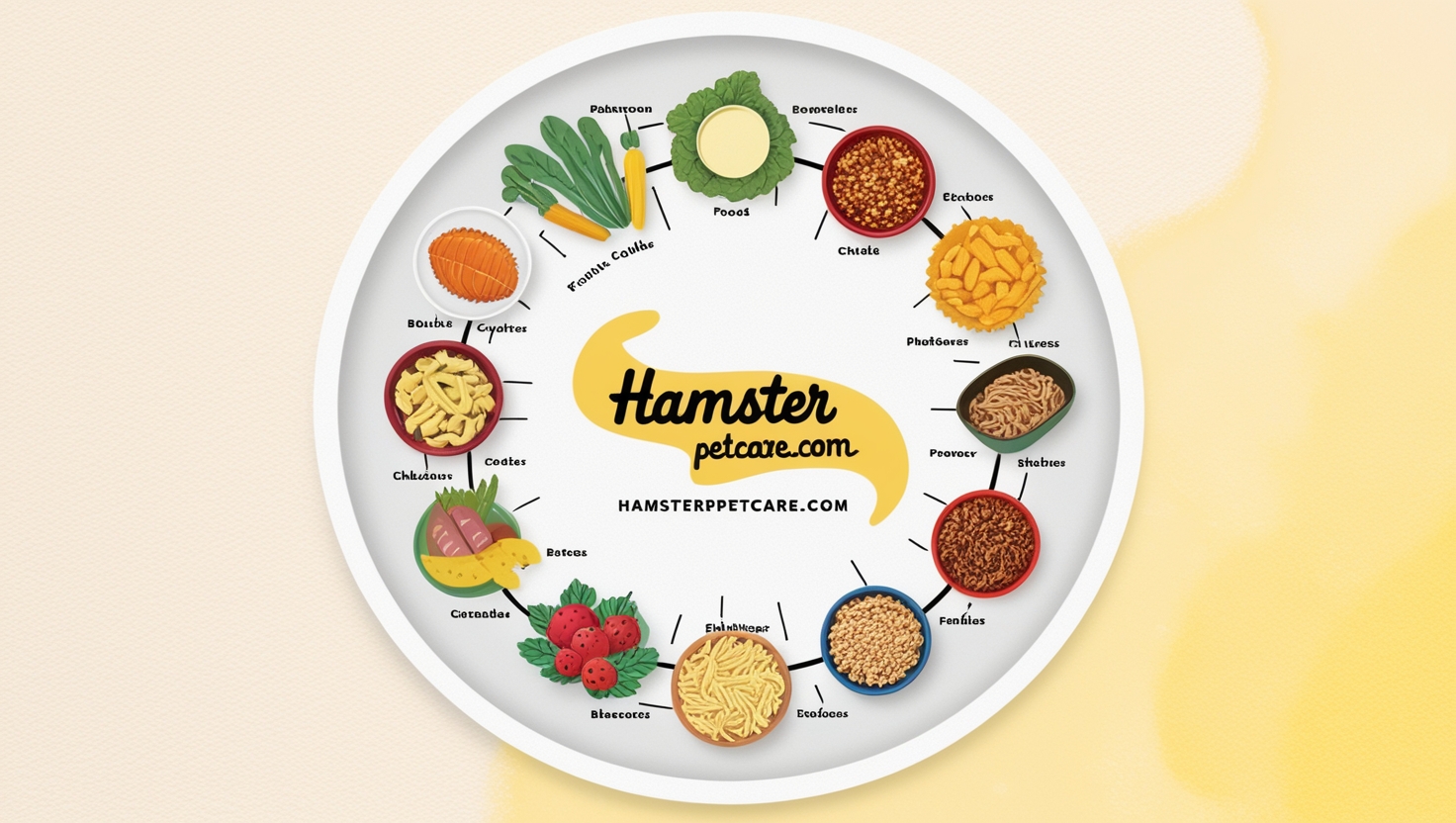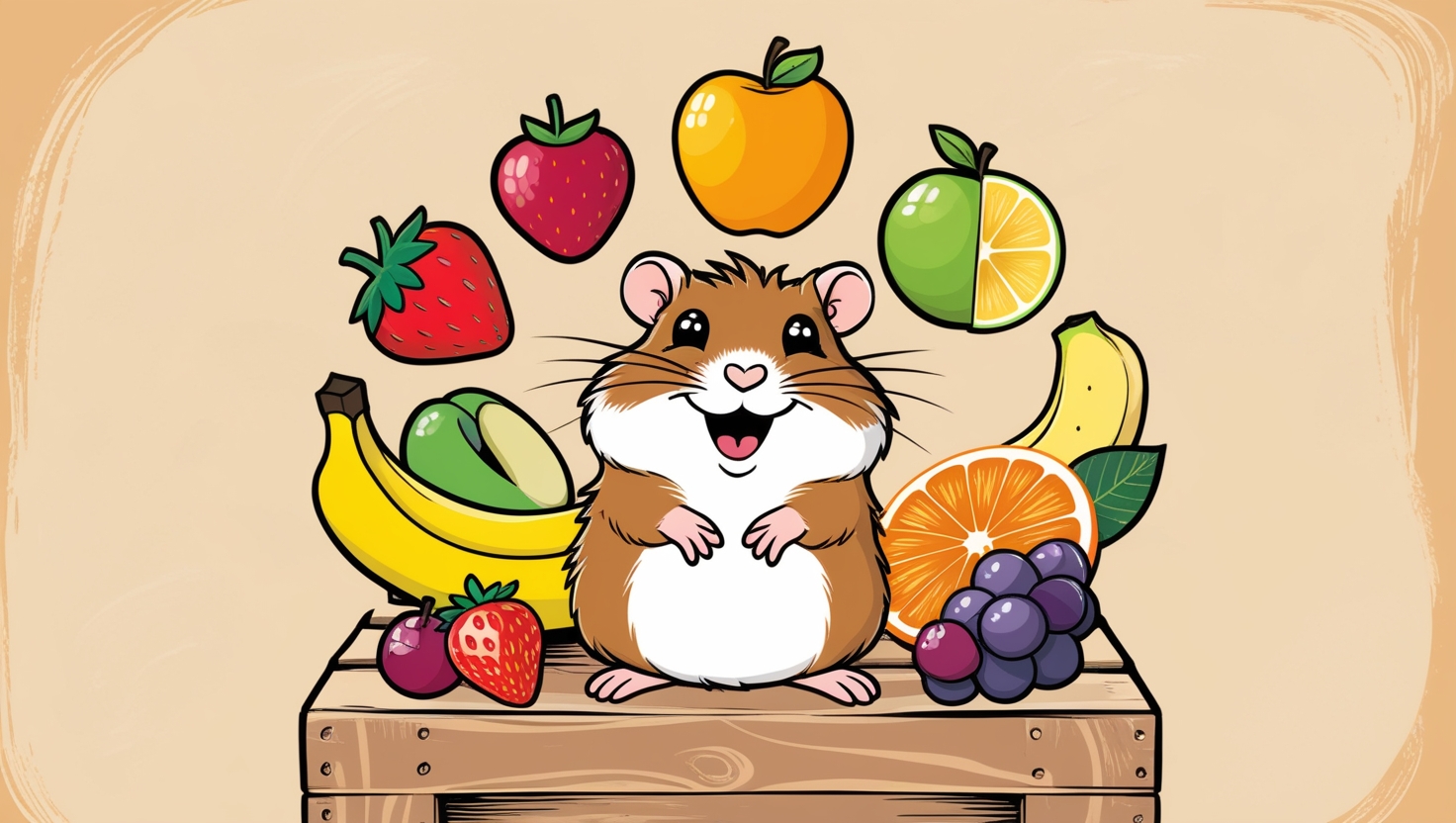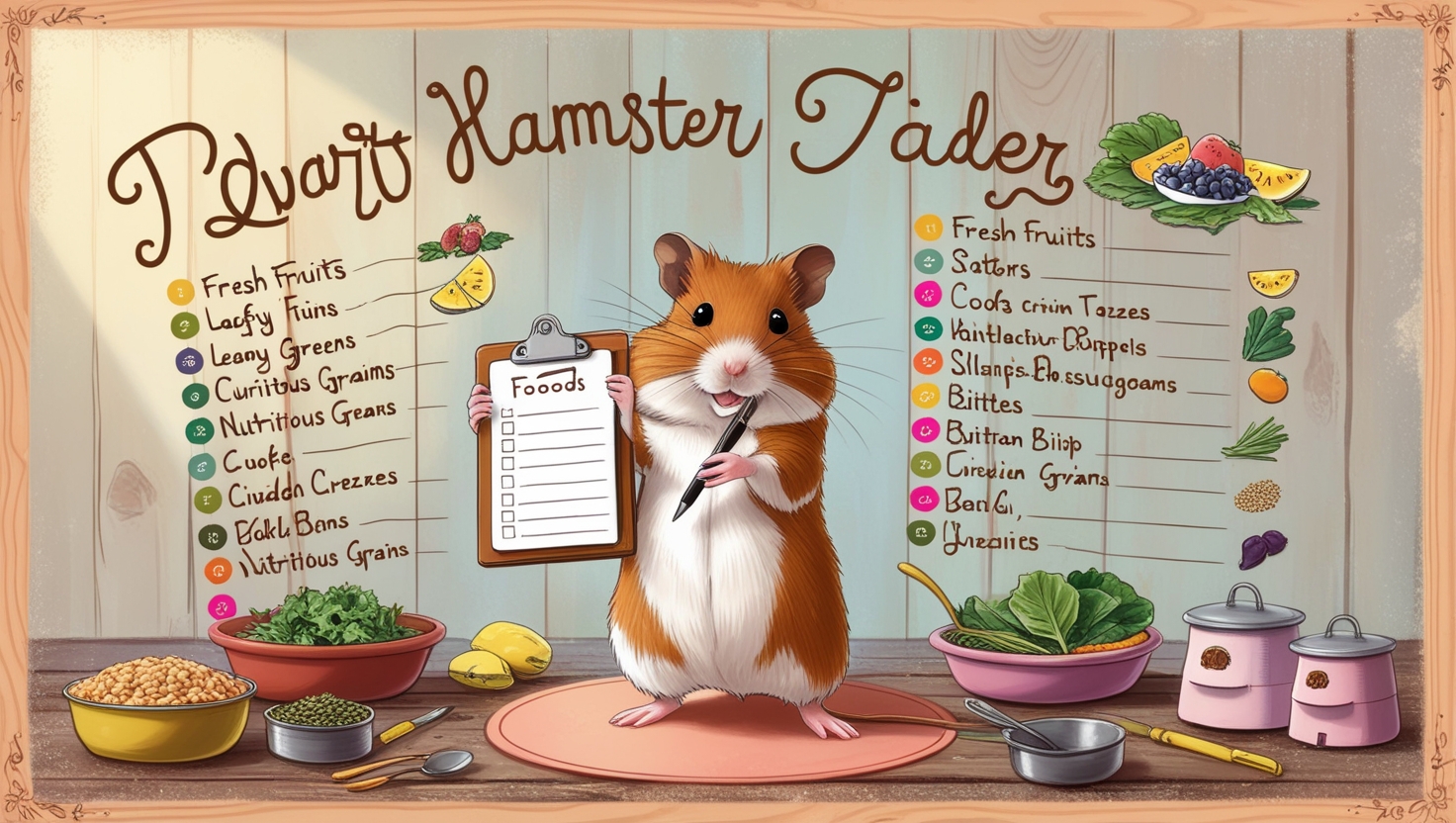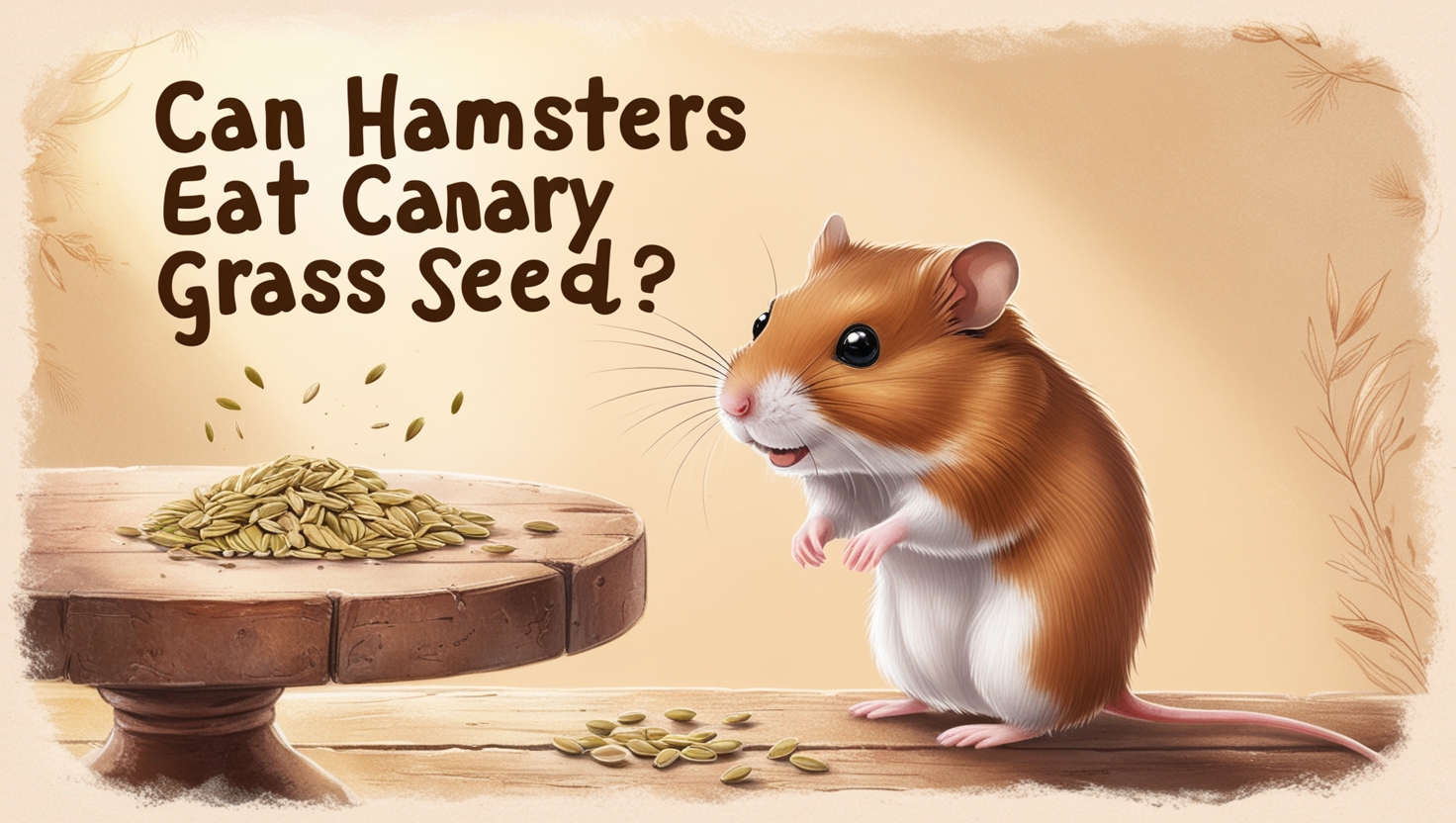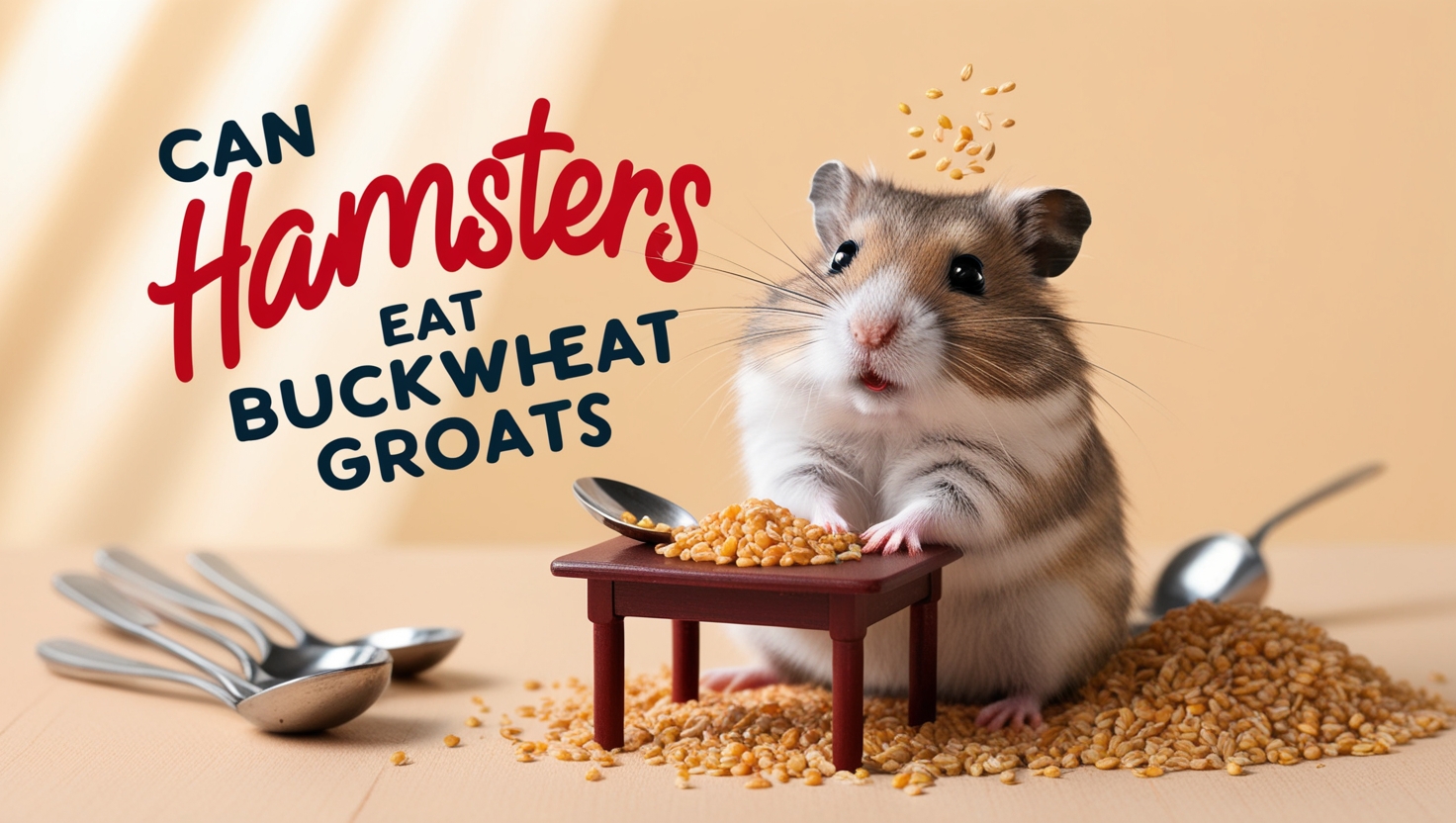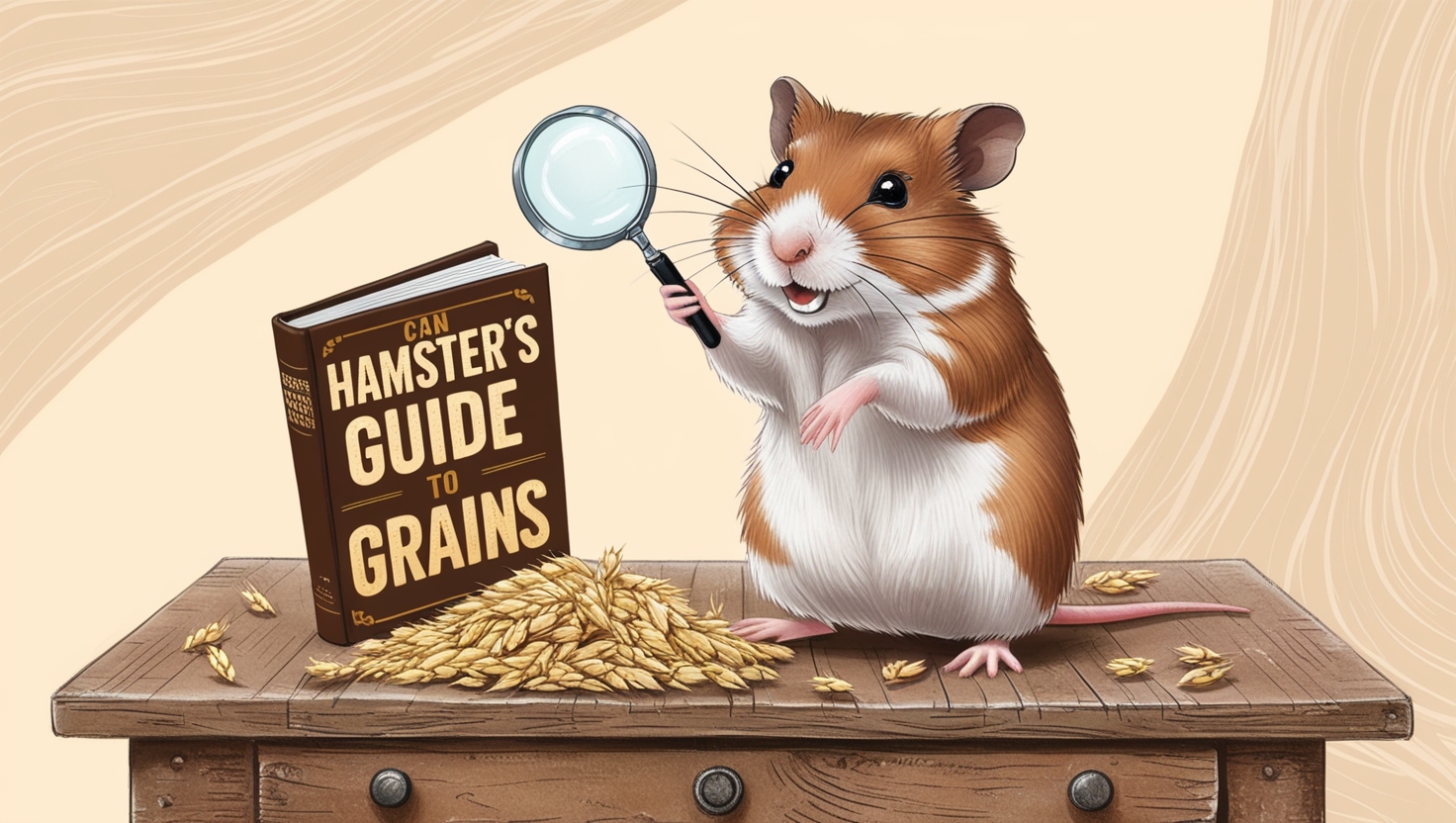Vegetables Hamsters Can Eat – If you are thinking of supplementing your hamster’s diet with vegetables to make it more palatable and provide extra vitamins and nutrients, it is essential that you know which products are suitable for them. The best way of feeding your pet is by always feeding them food made especially for them, according to their weight, breed and nutritional needs. So, don’t forget to check with your veterinarian before adding any food to their diet and to check if you really should. Read this HamsterPetCare article and discover the vegetables hamsters can eat.
You may also be interested in: What Fruits can a Hamster Eat
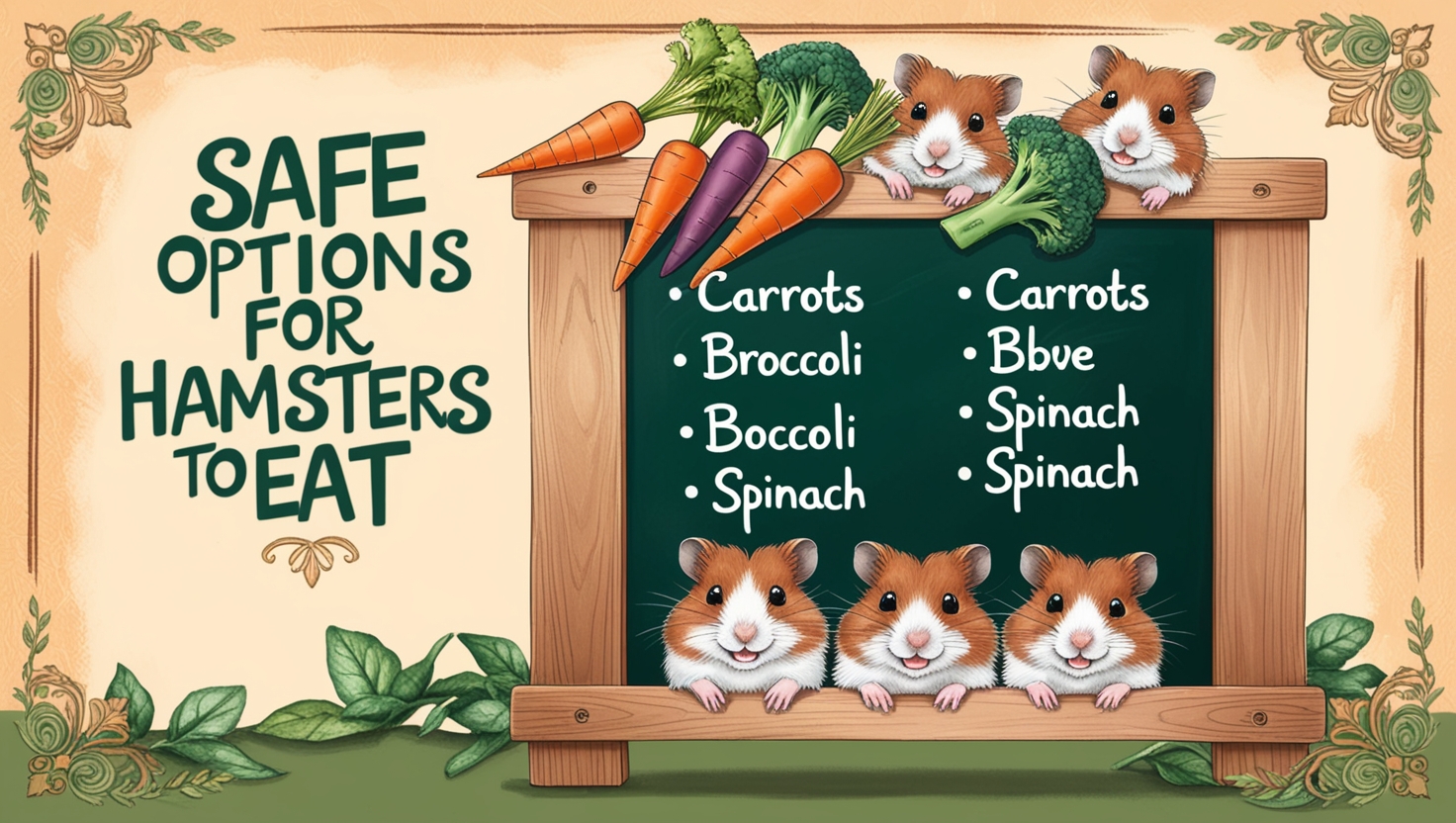
Vegetables Hamsters Can Eat
Steps to follow
1. As hamsters are animals that have a tendency to become obese, it is very important you control the amount of food they eat. You should only give them small portions of vegetables, and don’t give them vegetables every day. Ask your veterinarian how often they should be fed this type of food. It is essential that you only give your hamster fresh vegetables, not cooked or boiled vegetables.
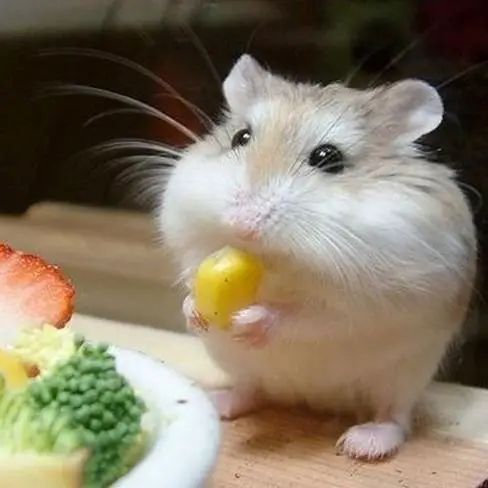
2. Peas are one of the most beneficial vegetables for your hamster as they help control blood sugar levels and promote cardiovascular health. As they are animals that can fatten up easily, it is essential you find products with a low calorie content and which also improve the intestinal transit.
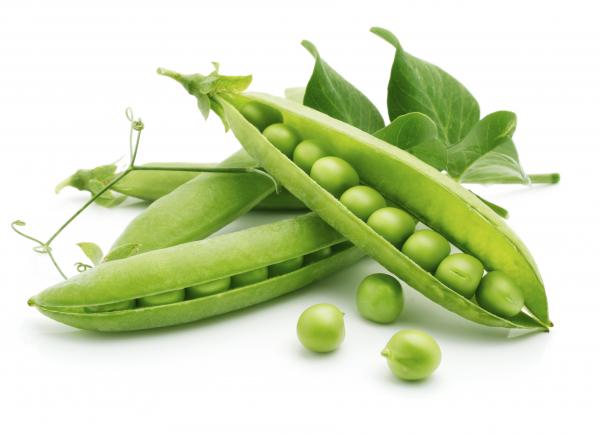
3. As with peas, spinach is highly beneficial to regulate bowel movements. It is a great source of fiber with antioxidant properties and no fat, which is essential for keeping your hamster’s health in perfect condition. Of course, if your pet has diarrhea you should not feed it spinach, precisely due to its high fiber content, since it will act as a laxative, increasing stool liquid to the point of producing severe dehydration.
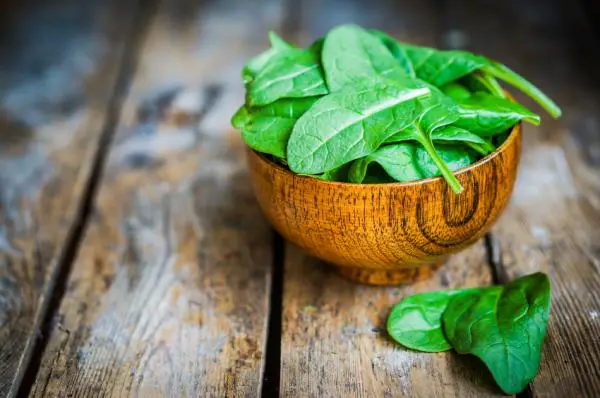
4. Despite lettuce being one of the most popular vegetables hamsters can eat at home, it can be harmful to their liver in large quantities. However, in small quantities, it does yield great benefits due to its antioxidant properties and high iron content.
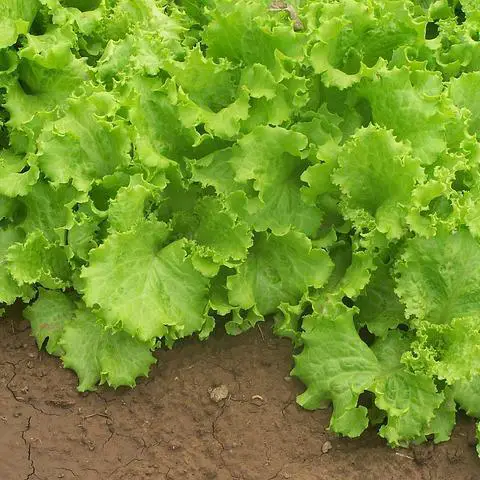
5. As with lettuce, carrots are suitable for hamsters in very small quantities but eating too many can cause liver problems. Ideally provide your rodent with carrot leaves and occasionally a little peeled carrot in small portions. This vegetable allows them to gnaw and strengthen their teeth, which is something we must provide them with from time to time.
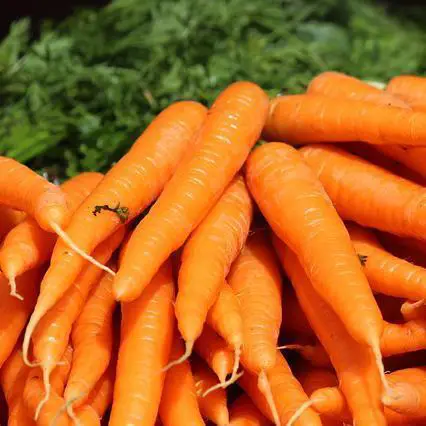
6. In addition to vegetables, you can also provide your hamster with green vegetables such as fennel or courgettes in very small quantities. These products are beneficial because of their low calorie content and for their antioxidant, diuretic and expectorant properties that are ideal for combating gastrointestinal problems.
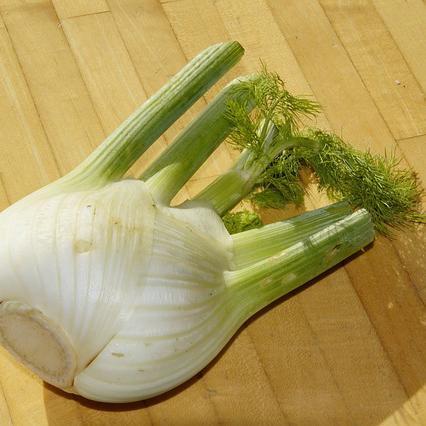
7. Finally, it should be noted that all cruciferous vegetables such as different varieties of cabbage and broccoli, can cause diarrhea and other stomach disorders if they are provided in medium or large amounts. They can only ingest them if they are cut into very small pieces. Before giving any of the above vegetables to your hamster, it is important they are washed thoroughly. Just as there are some vegetables that are suitable for them, there are also some which are toxic and can cause them serious health problems, such as onions, tomatoes, rhubarb and garlic.
This article is merely informative, HamsterPetCare does not have the authority to prescribe any veterinary treatments or create a diagnosis. We invite you to take your pet to a vet if it has any type of condition or pain.
If you’d like to read similar articles to Vegetables Hamsters Can Eat, we recommend you browse around our Pets category.
FAQs
What vegetables can hamsters eat?
Hamsters can enjoy a variety of vegetables in moderation, but it’s important to choose safe options:
Safe Vegetables for Hamsters:
Leafy Greens: Spinach, kale, collard greens, romaine lettuce (in moderation)
Root Vegetables: Carrots, sweet potatoes, parsnips (in moderation)
Other Vegetables: Broccoli florets, bell peppers, cucumber, zucchini, green beans, peas, squash, pumpkin (in moderation)
Vegetables to Avoid:
Onions and Garlic: Toxic to hamsters
Avocado: Toxic to hamsters
Tomatoes: The green parts (stems, leaves) contain solanine, which is toxic
Potatoes: Raw potatoes contain solanine, cooked potatoes are generally safe but not a staple food
Mushrooms: Can cause digestive upset
How much vegetables can I give my hamster?
A small piece of vegetable, about the size of a hamster’s nail, a few times a week is sufficient.
How should I prepare vegetables for my hamster?
Vegetables should be thoroughly washed and cut into small, bite-sized pieces. Remove any tough outer leaves or stems, and avoid offering raw vegetables that are difficult to chew.
What are the benefits of vegetables for hamsters?
Vegetables can provide vitamins, minerals, antioxidants, and fiber for hamsters.
Are there any risks associated with feeding vegetables to hamsters?
Vegetables are generally safe, but it’s important to:
Offer them in moderation: Too much vegetables can lead to digestive issues and weight gain.
Ensure they are fresh and clean: Moldy or spoiled vegetables can be harmful.
Monitor for allergies: Some hamsters may be sensitive to certain vegetables.
What should I do if my hamster eats too much vegetables?
If you notice your hamster having digestive problems after eating vegetables, you should contact your veterinarian.
Remember: A balanced diet is essential for your hamster’s health. Always consult with your veterinarian for specific dietary recommendations for your hamster.


